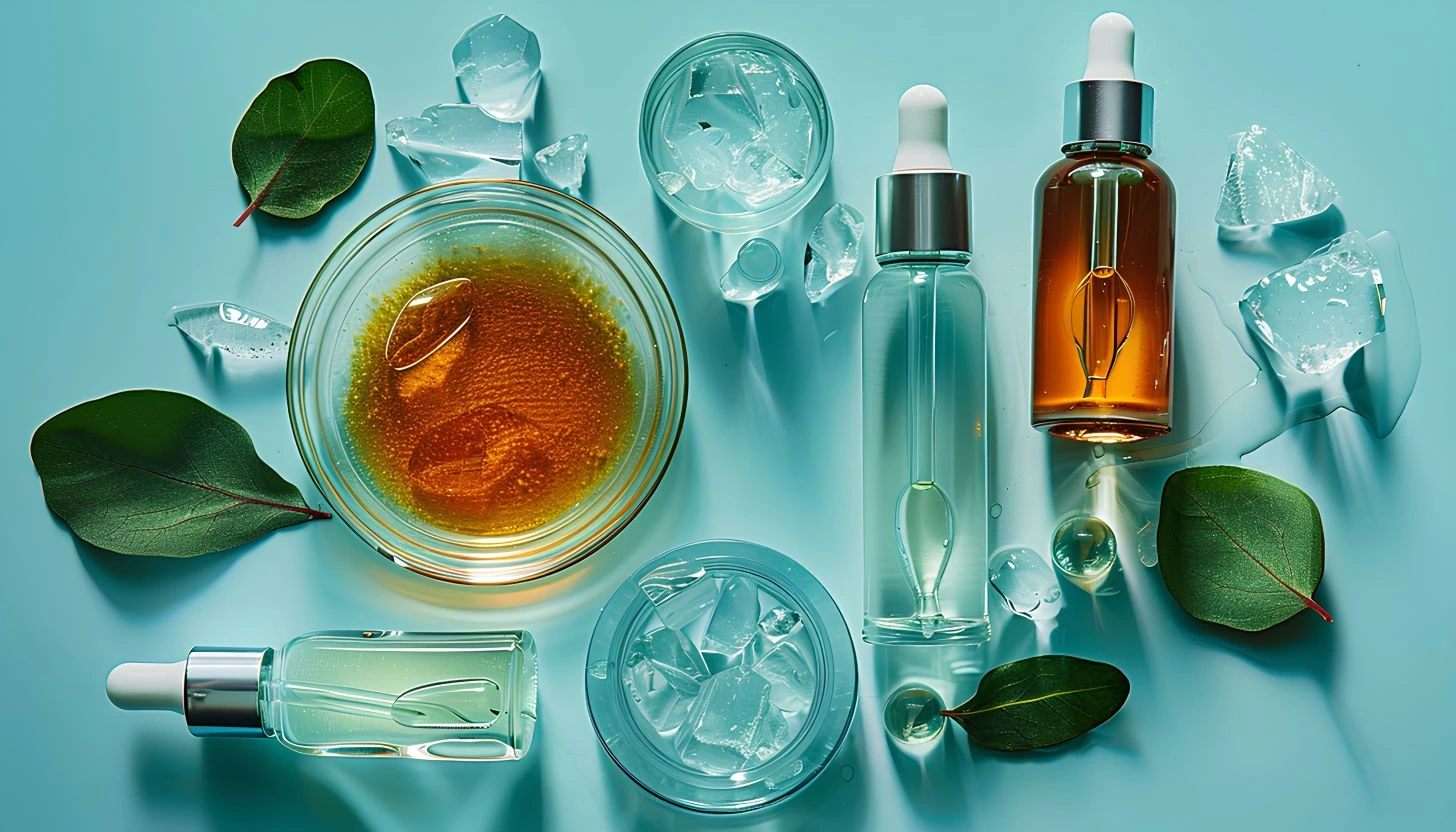Finding the Perfect Retinol Dosage and Frequency: A Comprehensive Tutorial

EXTRA 5% OFF ON PREPAID

When it comes to skincare, there are countless products and ingredients available in the market. One ingredient that has gained significant popularity in recent years is retinol. Known for its anti-aging properties and ability to improve skin texture, retinol has become a staple in many skincare routines. However, understanding the right dosage and frequency of retinol usage is crucial to achieve the desired results without causing any harm to the skin. In this tutorial, we will explore the importance of retinol in skincare, its benefits, potential side effects, and provide guidelines for determining the right dosage and frequency.
Retinol, a derivative of vitamin A, is a powerful ingredient that has been extensively studied for its skincare benefits. It is known to stimulate collagen production, reduce the appearance of fine lines and wrinkles, improve skin tone and texture, and even help with acne. Retinol can be found in various forms, including retinol esters, retinyl palmitate, and retinaldehyde. Each form has its own potency and efficacy, and it is important to choose the one that suits your skin type and concerns.
The right retinol dosage depends on several factors, including your skin type, age, and sensitivity. It is always recommended to start with a lower concentration and gradually increase it over time. This allows your skin to adapt to the ingredient and minimizes the risk of irritation. Consulting a dermatologist is highly recommended, as they can assess your skin and provide personalized advice on the appropriate dosage for your specific needs.

When incorporating retinol into your skincare routine, it is important to start slowly and gradually increase the frequency of usage. This process is known as “retinization,” and it allows your skin to adjust to the ingredient. Initially, you may experience some dryness, redness, or flakiness, but these symptoms should subside as your skin gets accustomed to retinol. It is crucial to be patient during this period and not rush into using retinol every day, as it can lead to excessive dryness and irritation.
One common mistake when using retinol is overuse. It is important to follow the recommended dosage and not exceed it, as this can lead to skin irritation and sensitivity. Additionally, many people do not give their skin enough time to adapt to retinol before increasing the frequency of usage. It is essential to be patient and gradually increase the usage over several weeks to avoid any adverse reactions.
For beginners, it is best to start by using retinol once or twice a week. As your skin becomes more tolerant, you can gradually increase the frequency to every other day or even daily, depending on your skin’s response. It is important to cleanse your skin thoroughly before applying retinol and to follow it up with a moisturizer to prevent dryness. It is also crucial to use sunscreen during the day, as retinol can increase sun sensitivity.
While retinol is generally safe to use, some individuals may experience side effects such as dryness, redness, and flakiness. These symptoms can be managed by using a gentle cleanser, moisturizer, and avoiding harsh skincare products that can further irritate the skin. If the side effects persist or worsen, it is advisable to seek professional help from a dermatologist.
Consistent and long-term use of retinol can yield significant benefits for the skin. It can help reduce the appearance of fine lines and wrinkles, improve skin texture and tone, and even prevent acne breakouts. However, it is important to adjust the dosage and frequency of usage over time to maintain the desired results without causing any harm to the skin.
1. What is the recommended starting dosage for retinol?
It is recommended to start with a low concentration of retinol, around 0.025% to 0.05%, and gradually increase it as your skin tolerates it.
2. How often should I apply retinol to my skin?
Initially, start with once or twice a week and gradually increase the frequency to every other day or daily, depending on your skin’s response.
3. Can I use retinol if I have sensitive skin?
Yes, retinol can be used on sensitive skin, but it is important to start with a low concentration and monitor your skin’s reaction closely.
4. Are there any specific products I should avoid while using retinol?
It is advisable to avoid using harsh exfoliants, acids, and other active ingredients that can further irritate the skin when using retinol.
5. How long does it take for retinol to show results?
Results may vary, but it usually takes several weeks to a few months of consistent usage to see noticeable improvements in the skin.
6. Can I use retinol during pregnancy or while breastfeeding?
It is generally recommended to avoid retinol during pregnancy and breastfeeding, as high doses of vitamin A can be harmful to the baby.
Retinol is a powerful ingredient that can significantly improve the appearance and health of your skin. However, finding the perfect dosage and frequency of usage is crucial to achieve the desired results without causing any harm. By understanding your skin type, starting with a low concentration, and gradually increasing the usage, you can enjoy the benefits of retinol while minimizing the risk of side effects. Remember to be patient, consistent, and consult a dermatologist for personalized advice. With the right approach, retinol can be a game-changer in your skincare routine, giving you healthy, glowing skin for years to come.